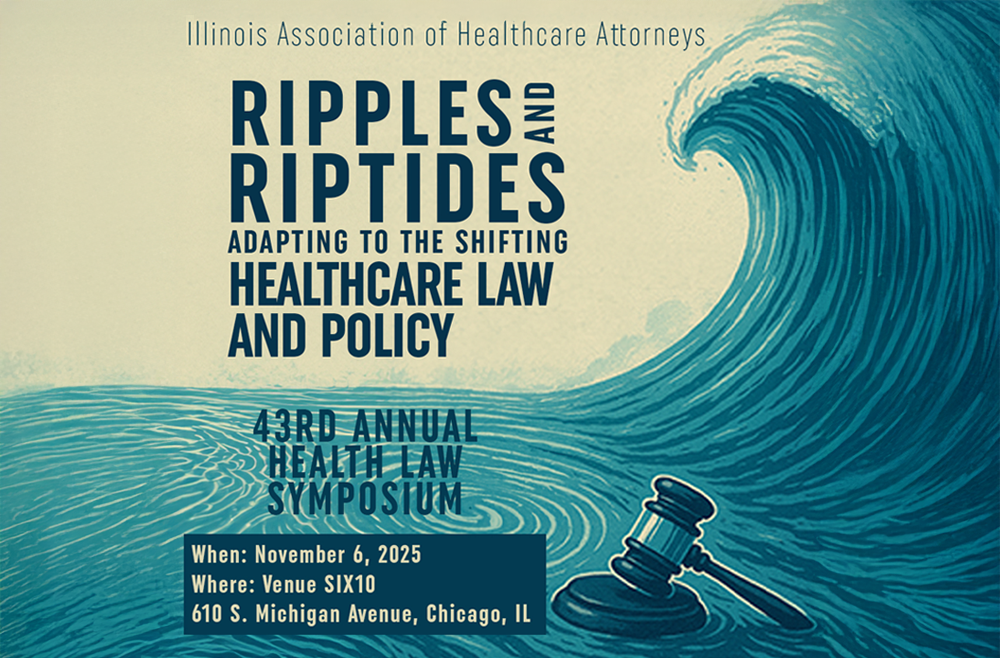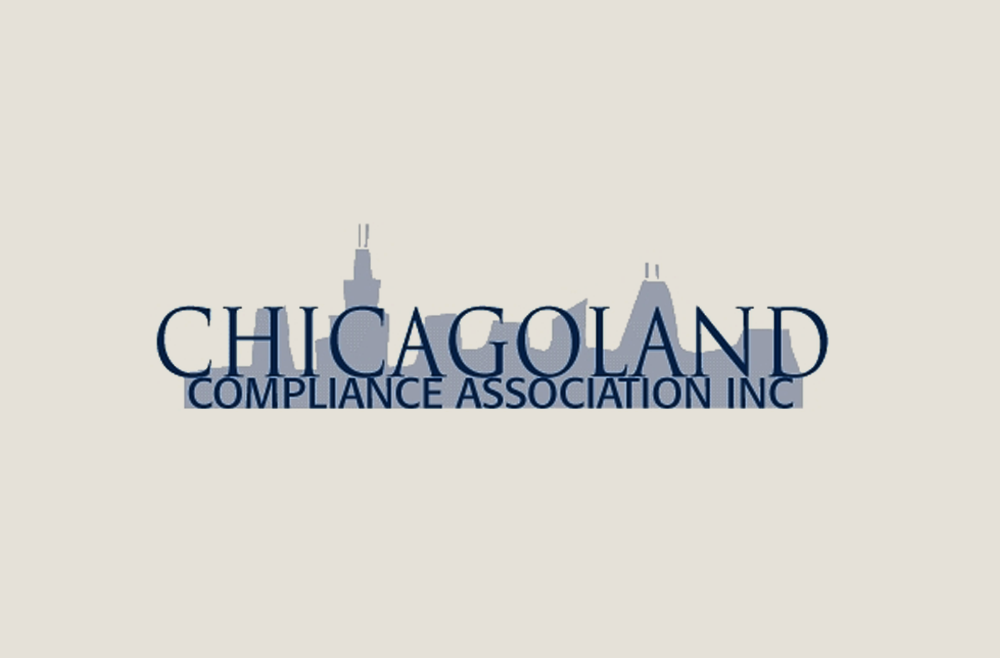Consumer Law Hinsights – May 2020 Edition
Hinshaw Newsletter | 8 min read
May 21, 2020
Consumer Law Hinsights is a monthly compilation of nationwide consumer protection cases of interest to financial services and accounts receivable management companies, brought to you by Hinshaw & Culbertson LLP.
>>Download a printable version of the newsletter
You can also expand each of the topics below to read our full analysis of the cases covered in this edition.
Massachusetts' Attorney General Overstepped the Constitution in Restricting Debt Collection
The Association of Credit and Collection Professionals (ACA) filed a complaint in the U.S. District Court for the District of Massachusetts challenging the validity of the recently issued Massachusetts debt collection regulation arising from the pandemic. The regulation that the Massachusetts Attorney General announced on March 27, 2020, contained two problematic restrictions. The first provided that "[f]or the ninety (90) days following the effective date of this regulation or until the State of Emergency Period expires, whichever occurs first, it shall be an unfair or deceptive act or practice for any debt collector to initiate a communication with any debtor via telephone … ." The second restriction explained that "[f]or the ninety (90) days following the effective date of this regulation or until the State of Emergency Period expires, whichever occurs first, it is an unfair or deceptive act or practice for any creditor, including a debt collector, to [among other restrictions]: a) initiate, file, or threaten to file any new collection lawsuit; b) initiate, threaten to initiate, or act upon any legal or equitable remedy for the garnishment, seizure, attachment, or withholding of wages, earnings, property or funds for the payment of a debt to a creditor… ."
ACA challenged the validity of these provisions, primarily on free speech grounds. Under the First Amendment to the U.S. Constitution, ACA argued the restrictions were content-based speech restrictions and thus unconstitutional, unless narrowly tailored to serve a compelling government interest. This analysis requires the highest level of constitutional scrutiny, and imposes a lofty burden for the government.
The Massachusetts District Court agreed with ACA. The court observed that "[t]he best that can be said for the [call restricting] Regulation is that it decreases incrementally the number of times that a phone might ring in a debtor's home with a wanted or unwanted call from one species of debt collector." The court noted that the previous Massachusetts regulation already limited the number of debt collection calls to two per consumer per week, and that the challenged regulation did not in any way curtail debt collection communications by mortgagors, landlords, nonprofit entities, or the federal government. As such, the speech restriction—which "incrementally" rather than materially advanced the proffered state interest—failed to withstand even the lower standard of intermediate scrutiny under the First Amendment.
The court went on to analyze whether the speech restriction was narrowly tailored to a substantial government interest. The court began by reviewing all the state and federal regulations already applicable to debt collection communications in Massachusetts, including state restrictions, the Fair Debt Collection Practices Act (FDCPA), and the Telephone Consumer Protection Act (TCPA). According to the court, the speech restriction did not offer any protections that the existing comprehensive scheme of laws and regulations did not already afford to debtors, "other than an unconstitutional ban on one form of communication." As such, the court held that the speech restriction was not narrowly tailored to the Massachusetts Attorney General's asserted interest in preserving domestic tranquility. Similarly, the court held the restrictions on access to the courts violated the First Amendment, and were unconstitutional, using a similar analysis and standard.
This ruling could have effects that reach far beyond Massachusetts. The ruling's sound analysis could persuade other courts considering constitutional challenges to similar regulations in other jurisdictions. Moreover, the ruling and its thorough analysis could convince other jurisdictions currently contemplating adopting similar regulations not to proceed, because the proposed restrictions would be subject to a constitutional challenge quite likely to succeed.
Website Payment Request for Out-of-Statute Debt Could be Considered Deceptive
When a consumer noticed an out-of-statute debt on his consumer report, he went to the debt collector's website. From there, the consumer was directed to the debt collector's payment portal. The portal contained a message that stated, "[m]ake a payment through the [debt collector's] payment gateway." It also stated: "NOTICE: This communication is from a debt collector. This may be an attempt to collect a debt. Any information obtained would be used for that purpose." The consumer sued the debt collector claiming that the message on the payment portal was deceptive and violated the FDCPA.
The court found that the consumer's allegations did in fact state a claim under the FDCPA. In reviewing the facts of the case, the court stated that, "since the payment portal can be viewed as having 1) conveyed some information, 2) regarding [the consumer's] debt (the amount due), and 3) is done through a medium (the portal itself), it is plausible that this could satisfy the statutory definition of a communication, albeit an indirect one." The court further stated that, "this entire set-up where the debt collector posts a debt covered in cobwebs on [the consumer's] credit report and then directs him to the payment portal which "allows" him to pay the stale debt, could be viewed as 'an example of careful and deliberate ambiguity.'"
This decision underscores the importance for debt collectors to review their website with compliance in mind, and consider whether to include disclosures or other provisions prior to accepting payments.
The case is Odneal v. Midwest Recovery Systems, LLC, No. 2:19-CV-431-PPS-JEM, (N.D. Ind. Apr. 24, 2020).
Fifth Circuit Looks at Potential Deception of Series of Collection Letters Involving Out-of-Statute Debt
A consumer incurred a debt in 2011. The consumer never made any payments on the debt, and a debt collector sent six collection letters in 2011. After six years with no apparent collection effort, the debt collector sent four more letters in 2017, none of which disclosed the fact that litigation on the debt was barred by Texas's four-year statute of limitations.
The consumer sued, alleging the 2017 letters were false or misleading, and unfair or unconscionable, and that they were in violation of the FDCPA for failing to disclose the time-barred nature of the debt and the potential pitfalls of making a payment. The district court held that letters seeking collection of time-barred debt that fail to disclose the implications of the statutes of limitations are misleading as a matter of law. The debt collector appealed to the U.S. Court of Appeals for the Fifth Circuit.
At the outset, the Fifth Circuit observed that "[c]ollectors do not automatically violate the FDCPA when seeking collection of time-barred debt." As such, the Fifth Circuit refused to hold that a letter seeking collection on time-barred debt is misleading as a matter of law by its mere silence as to the age and legal unenforceability of the debt. The Fifth Circuit concluded, however, that "the sum effect of the 2017 letters is at least as misleading as any settlement offer from prior cases."
The court viewed several aspects of the letters as problematic. The court initially explained that the letters not only failed to disclose the applicable statute of limitations and explain its limitations on the collection methods available to the debt collector, but the letters also did not even state when the debt was incurred. As for the language in the letter, despite the absence of a settlement offer that would discount the consumer's debt, the court asserted the letters were "rife with characterization of a soon-to-expire special deal or offer," including time sensitive statements such as: "Important Warning," "You have only one more opportunity to stop all collection efforts," "This is a very special offer. Please take advantage of this now," and "Urgent!"
The court found it problematic that urgent language and ambiguous threats of additional collection efforts gave the impression similar to the impression of a settlement offer. The court concluded that the "combined effect of the letters' vague language and their silence as to the debt's time-barred nature leaves an unsophisticated consumer with the impression that the debt is enforceable, and that if payment is not levied quickly then adverse collection efforts will follow."
Although the opinion is ultimately unfavorable, there is some helpful reasoning in the Fifth Circuit's refusal to hold that all collection letters failing to mention a debt's out-of-statute status are misleading as a matter of law.
The case is Manuel v. Merchants and Professional Bureau, Inc., No. 19-50814, --- F.3d ---, (5th Cir. Apr. 29, 2020).
Debt Collectors do not Need to Advise Consumers of Potential Tax Consequences of Settlement
Over the past few years, a string of cases have imposed obligations on debt collectors to advise consumers of the consequences of payment, such as the impact on the applicable statute of limitations. A Texas court recently rejected the expansion of this theory.
A consumer sued a debt collector alleging they violated the FDCPA by sending a letter offering to settle her debt. The consumer alleged the letter, which offered a settlement of her debt, violated the FDCPA because the debt collector knew—but failed to advise her—that there could be tax consequences to the consumer if she settled her debt. Because more than $600 in debt would be forgiven, she asserted a 1099-C form had to be submitted to the IRS if she settled the debt. She would be required to report the forgiven debt as income, which in turn would potentially result in her having to pay income tax on the amount forgiven. Because the letter stated she "will save" money, she claimed it was false. In reality, she claimed, the tax consequences would offset some or all of the savings.
The debt collector correctly argued that the FDCPA does not require a debt collector to disclose all the potential tax implications to a debtor in a settlement letter. The settlement offers contained in the letter did not qualify as "misleading" or "deceptive" under the statute, because if the consumer had accepted the offer, the payment of the settlement amount would have "resolved" the account, and the consumer would have owed nothing further on her account. The debt collector relied on prior cases explaining that the FDCPA does not require a debt collector to give legal advice to consumers concerning the tax consequences of resolving a debt.
The court concluded "[t]he law is clear that a creditor is not required to advise a debtor of potential tax consequences of a settlement, including in the circumstances at issue here." Instead, "the letter stated a mere truism—if [the consumer] accepted the letter's offer, the payment of the settlement amount would have 'resolved' [the consumer's] 'account' and she literally would have 'saved' the amounts listed from the amount she owed on the debt. Likewise, the court concluded the letter was not unfair or unconscionable under the FDCPA. The court went on to hold that "even an unsophisticated consumer would realize that there might be tax or other consequences if she accepted the offer."
The case is Simins v. Credit Control, LLC, 1:19-cv-1247-RP, (W.D. Tex. Apr. 29, 2020).














